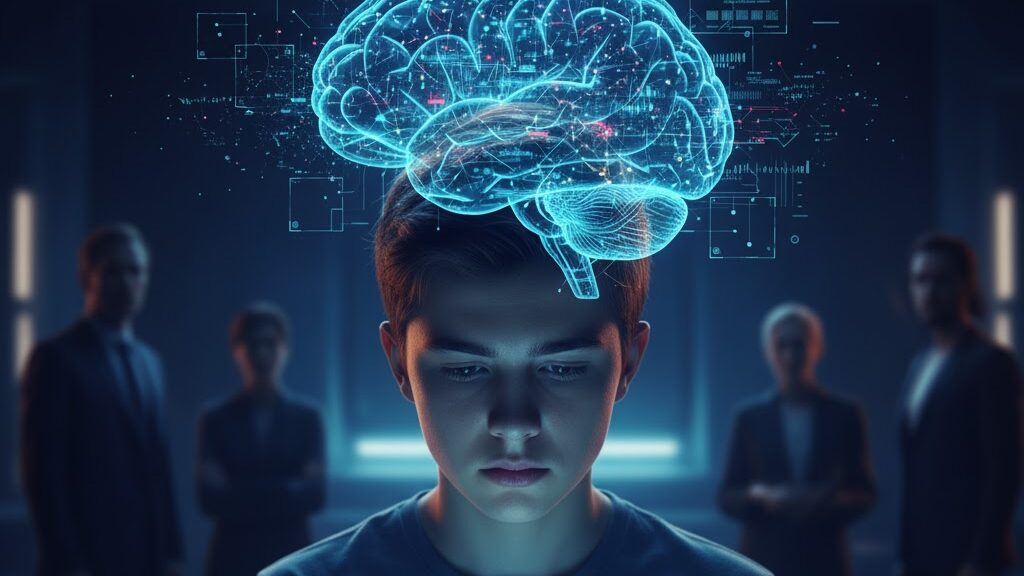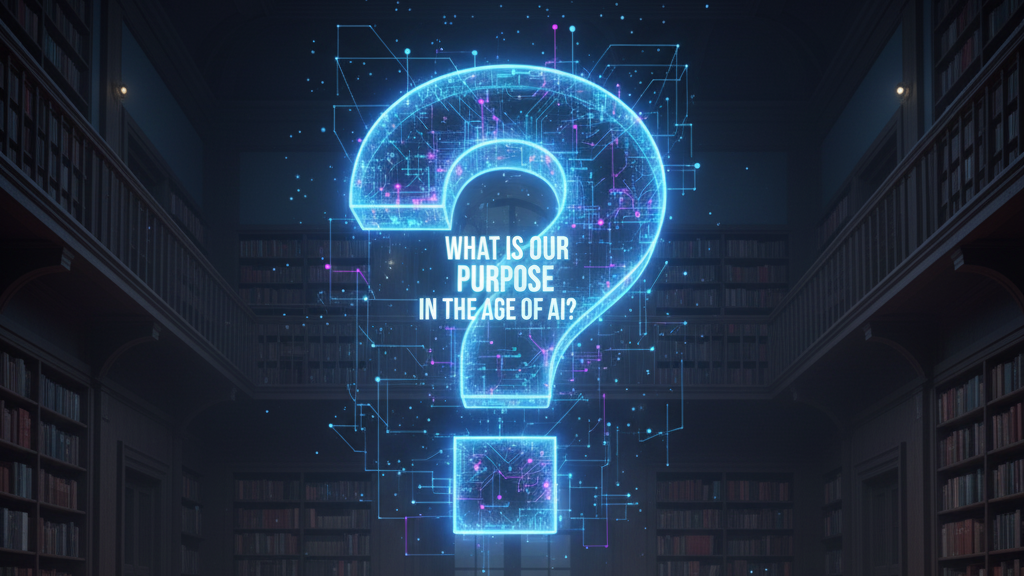
Source
CNBC
Summary
Ernestine Siu reports growing concern among scientists and regulators that prolonged use of generative AI by children and teenagers could alter brain development and weaken critical thinking skills. A 2025 MIT Media Lab study found that reliance on large language models (LLMs) such as ChatGPT reduced neural connectivity compared with unaided writing tasks, suggesting “cognitive debt” from over-dependence on external support. Researchers warn that early exposure may limit creativity, self-regulation, and critical analysis, while privacy and emotional risks also loom large as children anthropomorphise AI companions. Experts urge limits on generative AI use among young people, stronger parental oversight, and the cultivation of both AI and digital literacy to safeguard cognitive development and wellbeing.
Key Points
- One in four U.S. teens now use ChatGPT for schoolwork, double the 2023 rate.
- MIT researchers found reduced brain network activity in users relying on LLMs.
- Overuse of AI may lead to “cognitive debt” and hinder creativity and ownership of work.
- Younger users are particularly vulnerable to emotional and privacy risks.
- Experts recommend age-appropriate AI design, digital literacy training, and parental engagement.
Keywords
URL
Summary generated by ChatGPT 5


